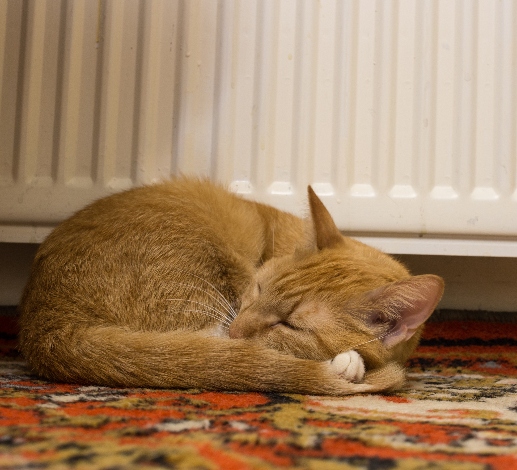Changes to energy price cap
Changes to energy price cap
The energy price cap is rising from 1 January 2026. Read our article to find out what this means for you, and how we can help if you're worried about your bills.

The energy price cap is increasing on 1 January 2026. Read on to find out what the energy price cap is and what the changes mean for you and your bills.
Energy prices are changing
Ofgem, the energy industry regulator, has announced that from Thursday 1 January 2026, the price cap on gas and electricity prices will increase by 0.2%.
The modest increase – which was a surprise, as analysts had predicted a fall - means that the typical household that pays by direct debit will see their average annual bill rise to £1,758 a year for gas and electricity. This is an increase of around £3 a year on the current price cap.
It's important to remember that the price cap doesn't limit your total bill and you could face higher bills if you use more energy than the typical household. With energy prices remaining relatively high, and the cold weather settling in, many households will be concerned about keeping warm at home this winter.
What is the energy price cap?
The energy price cap sets the maximum amount that suppliers can charge for each unit of gas and electricity.
From Thursday 1 January 2026, the price of electricity will rise to 27.69p per kilowatt hour (kWh), up from the current 26.35p. Gas prices will fall to 5.93p per kWh, down from the current 6.29p.
Standing charges - a fixed daily charge that covers the cost of connecting to the supply - are rising again, from 34.03p to 35.09p for gas, and from 53.68p to 54.75p for electricity. Standing charges vary by region.
What does this mean for you?
The price cap doesn’t limit your total bill. How much you actually pay will depend on:
- how much energy your household uses
- how you pay your bill
- the type of meter you have
- the tariff that you're on.
So, if you need to use more energy – because you have a large family, or you have a health condition that means you need to have a warmer home - you could pay more than £1,758.
It’s also worthwhile to ‘shop around’ – you might not be on the best tariff for your situation, and you might get a better energy deal from a different supplier. Read about how to get the best deal for your energy.
Easy ways to save energy
Not all energy-saving measures are expensive and time consuming. There’s lots of easy and inexpensive ways you can cut your energy use and save money - discover our top tips. You can also read our tips on how to stay warm at home for less.
Need help to make your home warmer?
If you’re worried about keeping cosy this winter, you could be eligible for support to make your home warmer and cheaper to heat.
The Scottish Government has made changes to the Warmer Homes Scotland programme, meaning even more people can get energy-saving home improvements like insulation, draught proofing or heating upgrades, all tailored to your home.
If you’ve applied for Warmer Homes Scotland before but weren’t successful, it’s worth checking again as you may now be successful under the updated criteria.
Read more about Warmer Homes Scotland.
Get help
If you’re worried about your energy bills, we’re here to help – call us on 0808 808 2282 or, if you’d rather speak to someone over email or WhatsApp, get in touch via our website contact form today.
Our friendly advisors are on hand to give you free, expert and impartial advice about ways you can reduce your bills and make your home warmer. They can explore any funding available and offer specialist advice if you need additional support.
If you need help, don't delay - get in touch today. If you're struggling to pay your bills, help is available - find out where to turn for financial support.
Latest news and case studies
We have articles, blogs and case studies covering topics ranging from home energy tips to low carbon travel, and business advice to installing renewables.

Discover our advice hub

Save energy while cooking this Christmas



